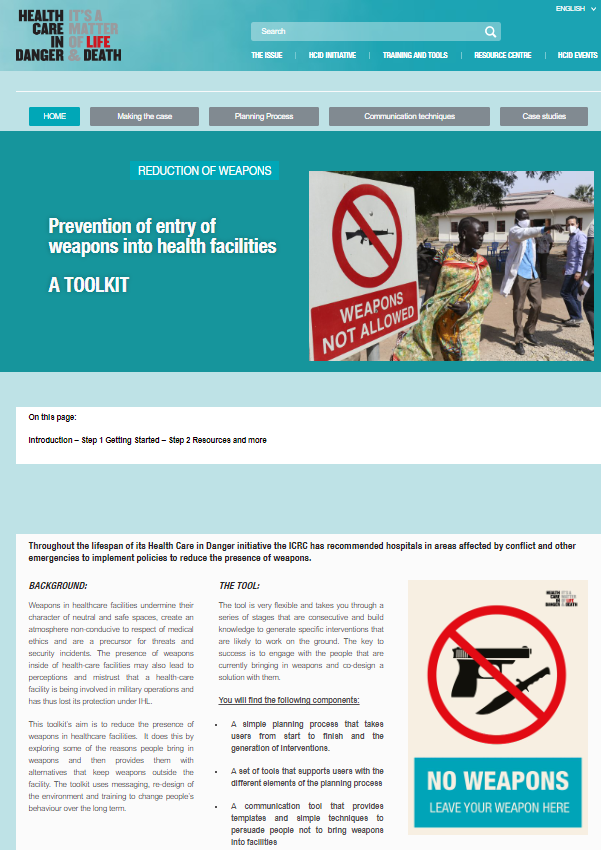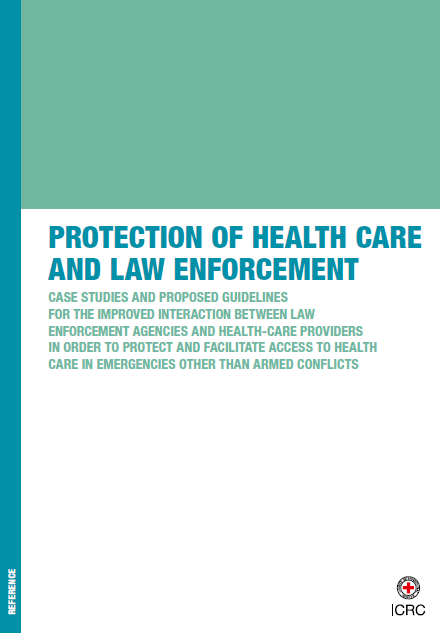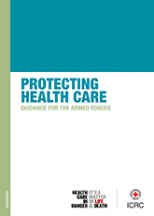Influencing the doctrine and practice of weapon bearers
Weapon bearers adopt policies and practical measures to ensure respect for health-care services and enable the safe delivery of health care.

The ICRC’s Enduring Commitment
In regions plagued by conflict and humanitarian emergencies, the safety and accessibility of healthcare services often hang in the balance. These regions require more than just humanitarian aid; they need robust policies and practical measures to ensure the protection and delivery of healthcare services.
The ICRC, in collaboration with its Movement and Community of Concern (CoC) partners, is steadfast in its commitment to assess the integration of measures for protecting health care into the policies, operational procedures, and practices of both State and non-State weapon bearers. Their overarching goal is clear: to exert influence on armed actors and facilitate the necessary changes through protection dialogues, behavioral-change programs, and humanitarian diplomacy.
DISCOVER OUR PUBLICATIONS and TOOL on this topic:

Prevention of entry of weapons into health facilities: A Toolkit
This toolkit’s aim is to reduce the presence of weapons in healthcare facilities. It does this by exploring some of the reasons people bring in weapons and then provides them with alternatives that keep weapons outside the facility. The toolkit uses messaging, re-design of the environment and training to change people’s behaviour over the long term.

PROTECTION OF HEALTH CARE AND LAW ENFORCEMENT CASE STUDIES AND PROPOSED GUIDELINES
Law enforcement agencies and health-care providers coexist, including in emergency situations not related to armed conflict, such as various forms of collective violence. These moments of interaction can be both challenging and collaborative.

PROTECTING HEALTHCARE: GUIDANCE FOR THE ARMED FORCES
This document provides practical guidance on the measures armed forces can take to protect health-care workers and to limit the impact of armed conflict on access to, and delivery of, health-care services. It touches on matters relating to training, planning, operational readiness and the conduct of both domestic and extraterritorial military operations
Medical personnel didn’t sign up for this!
While doing their best to save lives, over half of the healthcare professionals in Baghdad have been exposed to some type of verbal, physical or tribal violence. Violence against healthcare has devastating consequences for the wounded and sick as well as long-term impact on access to and delivery of health care services for millions of Iraqis. Healthcare personnel should not be targeted or threatened. Rather, they need to be treated with respect. Their lives and the lives of the people under their care should not be placed at risk.